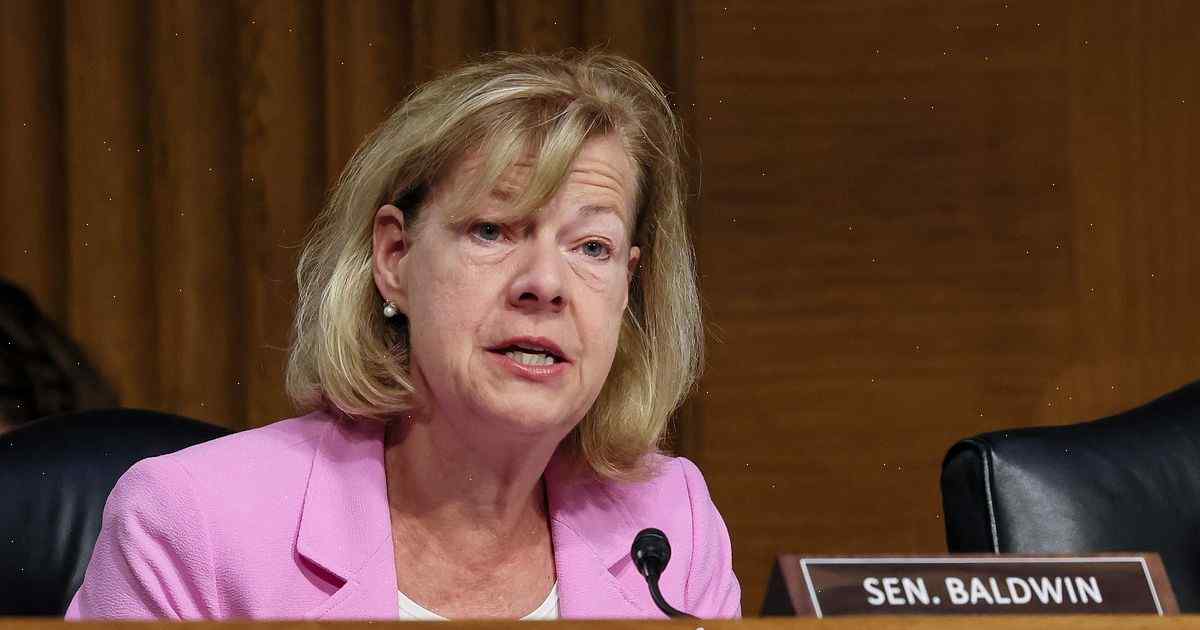The Biden administration’s decision to freeze Iranian assets has sparked a heated debate within the Democratic party, highlighting the delicate balance between diplomatic efforts and domestic politics. While some Democrats have voiced support for the move, citing its potential to pressure Tehran into renegotiating the nuclear deal, others have criticized it as a violation of international law and a hindrance to future negotiations.
At the heart of the controversy lies the question of how best to address Iran’s nuclear ambitions. The Trump administration’s withdrawal from the Joint Comprehensive Plan of Action (JCPOA) in 2018 left the remaining signatories – including European powers and Iran – scrambling to salvage the agreement. The Biden administration’s subsequent decision to freeze Iranian assets, which were previously unfrozen under the JCPOA, has been met with resistance from some quarters, with critics arguing that it undermines the very principles of diplomacy that the administration purports to uphold.
One of the most vocal opponents of the asset freeze is Senator Bernie Sanders, who has denounced it as a form of “economic warfare” that will ultimately harm innocent Iranians while failing to achieve its intended goal of curbing Tehran’s nuclear program. Other progressive lawmakers, such as Representatives Ilhan Omar and Rashida Tlaib, have echoed these concerns, calling instead for a return to the negotiating table and a renewed commitment to multilateralism.
On the other hand, supporters of the asset freeze argue that it represents a necessary evil in light of Iran’s continued aggression in the region and its refusal to abandon its nuclear ambitions. Senate Majority Leader Chuck Schumer has expressed his backing for the measure, emphasizing the need to hold Iran accountable for its actions and ensure that any future agreements are more comprehensive and verifiable.
Beyond the immediate political implications, the dispute over Iranian assets raises broader questions about the role of diplomacy in international relations. Can economic sanctions truly be effective in achieving their stated goals, or do they more often serve as a pretext for military intervention? How should the United States navigate complex geopolitical situations where its own interests may conflict with those of its allies and partners?
In seeking answers to these questions, it is worth considering the lessons of history. The United States has a long record of employing economic sanctions as a tool of foreign policy, with decidedly mixed results. While targeted sanctions against specific regimes or industries may sometimes produce desired outcomes, blanket embargoes that punish entire populations are unlikely to achieve their intended objectives and may even create new enemies.
Moreover, the current standoff with Iran highlights the limitations of unilateral action in a world increasingly characterized by multipolarity. The days when Washington could dictate terms to the rest of the planet are fast disappearing, if they have not already done so. To succeed in today’s global arena, the United States must learn to collaborate with its partners, listen to their concerns, and recognize that compromise is not synonymous with weakness.
Ultimately, the fate of the Iranian asset freeze will depend on the Biden administration’s willingness to engage in meaningful dialogue with both its domestic detractors and international counterparts. If the White House remains wedded to a strategy of coercion and intimidation, it risks further straining relationships with key allies and creating unnecessary tensions with Iran. However, if it chooses to pursue a path of constructive engagement and genuine diplomacy, there exists a chance – slender though it may be – for a peaceful resolution to the crisis that benefits all parties involved.

